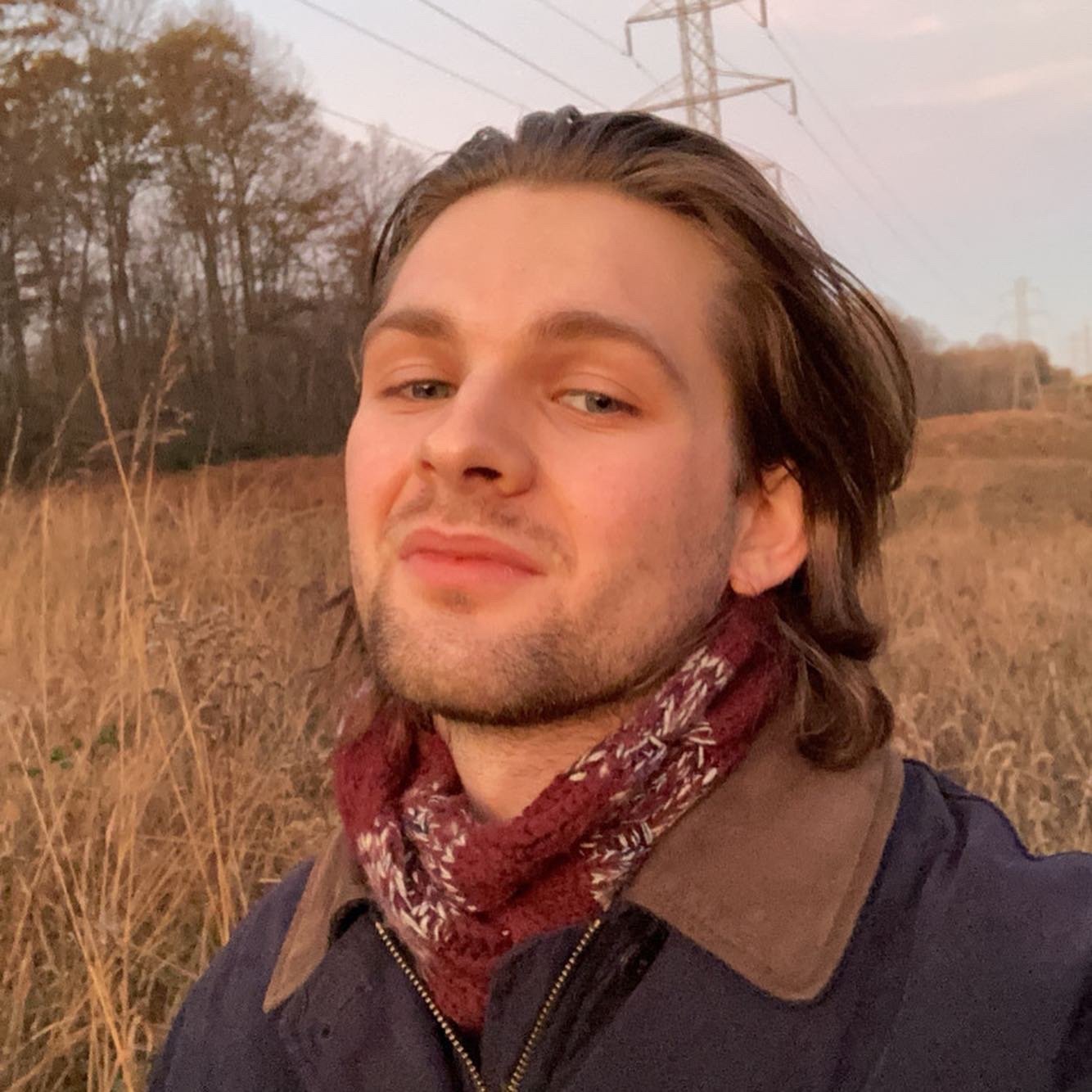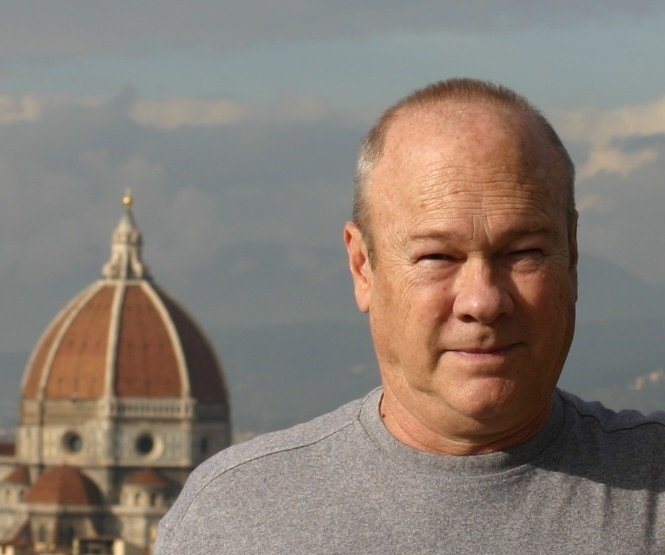Darren Morris
A mind eraser is a type of drink consisting of several
There was a kid at the hospital with a pronounced delay
I grew up in the suburbs, but what made it exotic was that
Layers of spirits, shots separated by their densities
The neighbors kept peacocks & allowed them to roam freely
The kid blankly received verbal information as if unengaged
High proof rum or grain alcohol is floated on top
Peacocks were used since ancient times like watch dogs
Three days later, the kid would return with a response
Lit aflame & blown out before a straw is added
For nights they crow at every nearby unexpected movement
Often cutting into an ongoing discussion on a separate subject
You drink it all at once through the straw. The fire
(trespassers: wind bending the branches, raccoon, snowfall)
The process would repeat with difficulty on a three-day lag
The crow was a purely maternal scream, sorrowful, a dirge
Is for the memory, which holds there like a tender ghost
Christ was said to have risen after three days entombed
The light we hold burns from a dark star orbiting
And I would awaken on occasion to it after my little brother died
I always wondered what Christ did during his delay
With a planetary gravity of loneliness & longing.
Or maybe it was my mother crying through the walls. She
Mesh of space & meaningless as the distance between
Who is dead now herself & who did not after three days rise
Just as I wondered what Christ did with his youth. Perhaps
The old marble statues of love. Give me your hand
He tried out his powers, or maybe he was a kid in a hospital
But continued dying herself, each day a little more, until
Interdigitate that I may feel time moving through us
With a pronounced delay. It suggests only that the afterlife
All that was left: an empty box of chardonnay in the fridge
Might require some adjustment, the same way that the body
Always diminishing, always forgetting, but for this:
needs three days to purge alcohol, while others need Christ.
If I could, I would take from her mouth, this exotic emptiness
That I will always know her as what I have missed the most.



























